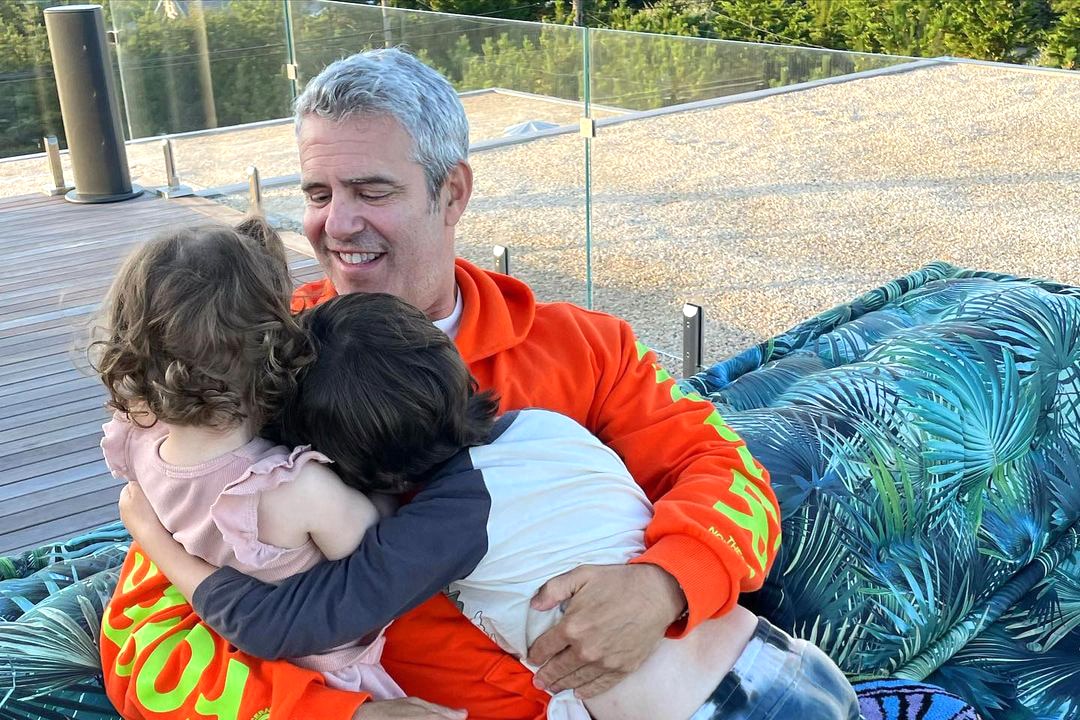Experts support Dubai’s Dh105 million increase in mental health funding

Schools and new specialist centers are being urged to prioritize affordable care for young people, as they are the most vulnerable to the demands and pressures of modern life, largely due to extensive use of social media. The prevalence of social media platforms in the daily lives of young individuals has contributed to heightened stress levels and mental health issues. With the rise of cyberbullying, comparison culture, and the constant need for validation that social media perpetuates, it is imperative that schools and specialized care centers step in to provide support and resources for these vulnerable populations.
According to recent data, children in care figures have been on the rise, highlighting the growing need for intervention and support systems for young people. As the digital age continues to shape the landscape of social interactions and personal identity development, it is crucial for educational institutions and care facilities to adapt to meet the evolving needs of this generation.
Calls for schools to prioritize mental health education and support have been echoed by experts and advocates in the field. With the increasing focus on well-being and mental health awareness, there is a growing recognition of the importance of providing young individuals with the tools and resources to navigate the challenges of modern life. By integrating mental health education into the curriculum and offering easily accessible support services, schools can play a vital role in promoting the well-being of their students.
In addition to educational institutions, new specialist centers offering affordable care have been identified as key players in supporting young people. These centers can provide targeted interventions, counseling services, and resources tailored to the unique needs of young individuals facing mental health challenges. By offering affordable care options, these centers aim to bridge the gap in access to mental health services and ensure that all young people have the support they need to thrive.
The impact of social media on the mental health of young people cannot be overstated. The constant exposure to curated images, unrealistic expectations, and cyberbullying can take a toll on the well-being of young individuals. As a result, there is a growing awareness of the need for proactive measures to address these issues and provide support for those who are most vulnerable.
In light of these challenges, it is essential for schools and care centers to collaborate and share resources to create a comprehensive support network for young people. By working together, these institutions can leverage their strengths and expertise to provide effective and sustainable care for the most vulnerable members of our society. Additionally, partnerships with mental health professionals, community organizations, and other stakeholders can enhance the reach and impact of these support services.
As the landscape of education and care continues to evolve, it is critical for institutions to adapt and innovate to meet the needs of young people in the digital age. By prioritizing mental health education, affordable care options, and collaborative partnerships, schools and specialized centers can create a more supportive and inclusive environment for young individuals. With the right resources and support systems in place, we can empower young people to navigate the challenges of modern life and thrive in a complex and ever-changing world.





